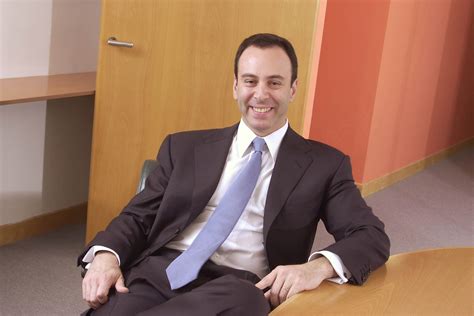A Quote by Walt Mossberg
The products I review are typically lent to me by their manufacturers for a few weeks or months. I return any products I am lent for review, except for items of minor value that companies typically don't want back. In the case of these items, I either discard them or give them away to charity.
Related Quotes
When you bring in multi-brand retail items into the country, you're not just bringing the products, but you're also harming local manufacturers. You must strengthen your manufacturing sector and put it on a level playing field with the world. Any kind of items manufactured globally, like small pens, pencils, notebooks - our manufactured goods need to be on a level playing field. Then let them come. Have a competition.
People review my comic books. People review every article I write - 'The Atlantic' even publishes them. A great deal of the critique of 'Between the World and Me' was from a feminist perspective. bell hooks pushed back, among others. Some of that has value. Some of it does not. I try my best to separate the wheat from the chaff.
Lent is the time for trimming the soul and scrapping the sludge off a life turned slipshod. Lent is about taking stock of time, even religious time. Lent is about exercising the control that enables us to say no to ourselves so that when life turns hard of its own accord we have the stamina to yes to its twists and turns with faith and hope. Lent is the time to make new efforts to be what we say we want to be.
Keeping physical items from the past is important - we keep old toys, grandparents' jewelry, yearbooks, dance recital programs - and we assign meaning to them. Those items become the memories, and that's a very healthy thing to do. The problems occur when we have too many of those sentimental items, and they start weighing us down.






























